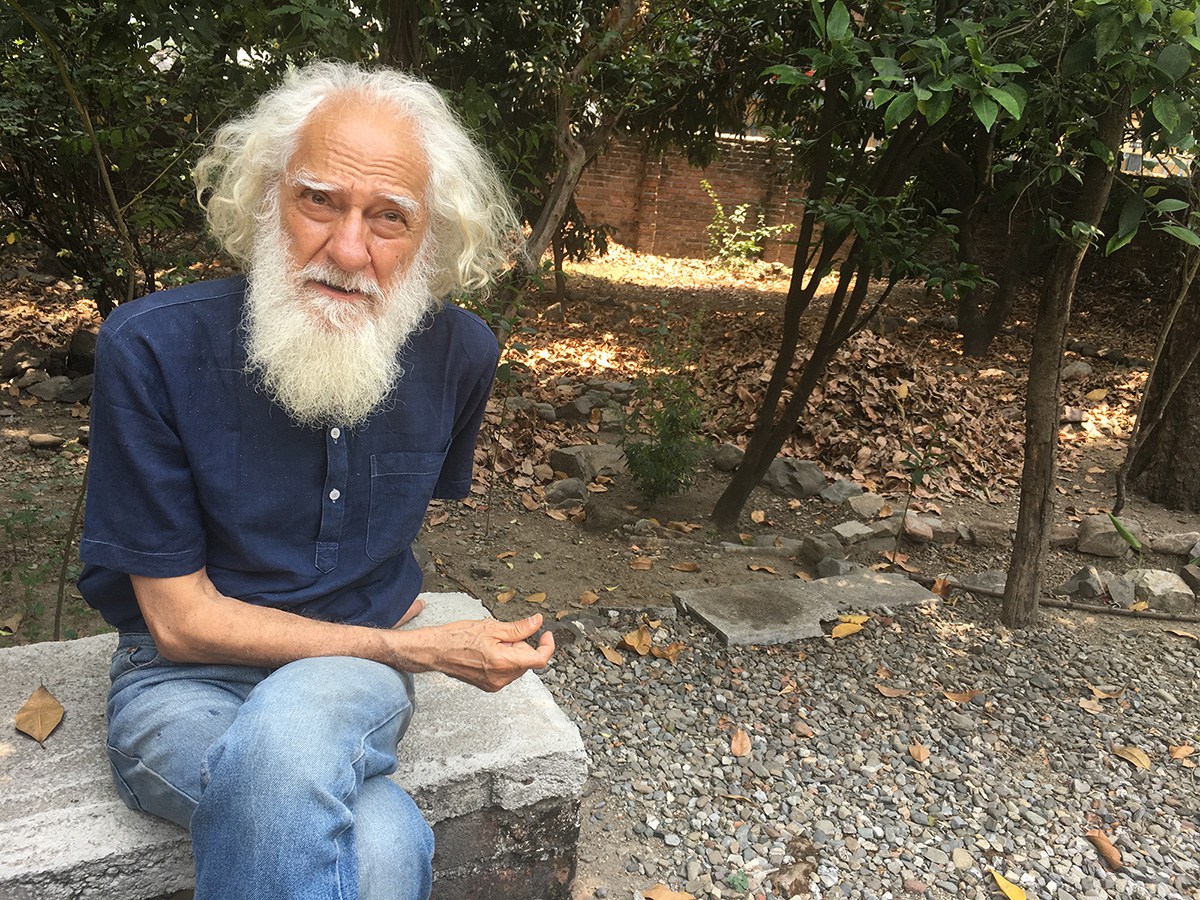Left untrained,
the bitter melon’s taken over
the mulberry, dusting it
with small yellow flowers.
The females will shrivel,
then elongate with the goodness
of bitterness. The males
will drop by the wayside
no sooner than they’re touched.
Had they wings,
they’d have turned
into butterflies and joined
the fantail-flycatcher
making figures of eight
at the other end of the garden.
*
It’s quiet on Sunday afternoons,
a time to watch pigeons walk across
the street as though they were crossing
the sky. The mango trees bordering the lawn
were planted the year psephology
came to India, but the golden rain sapling
planted last month is catching up,
putting out new leaves
the colour of buried copper.
*
Crushed by the cluster fig’s lopped branch,
the hophead Philippine violet didn’t recover.
But in an unvisited corner of the garden where the marijuana’s
invasive and dead wood rots, a new one’s come up.
It’s still young with flexible spikes,
and already looks to escape
from hazardous garden to safe bushland.
*
Its guavas inedible
and the trunk a broken stick
on which it leans, it holds fast
to its one branch
as I do to my father
who planted the sapling,
his photograph fading on the wall
along with the Fifties hairstyle.
*
Arvind Krishna Mehrotra’s books include Songs of Kabir, Selected Poems and Translations, and Collected Poems. Ghalib, A Diary: Delhi 1857–58, a chapbook, is to be published by New Walk Editions in spring 2022. He lives in Dehradun, India.




